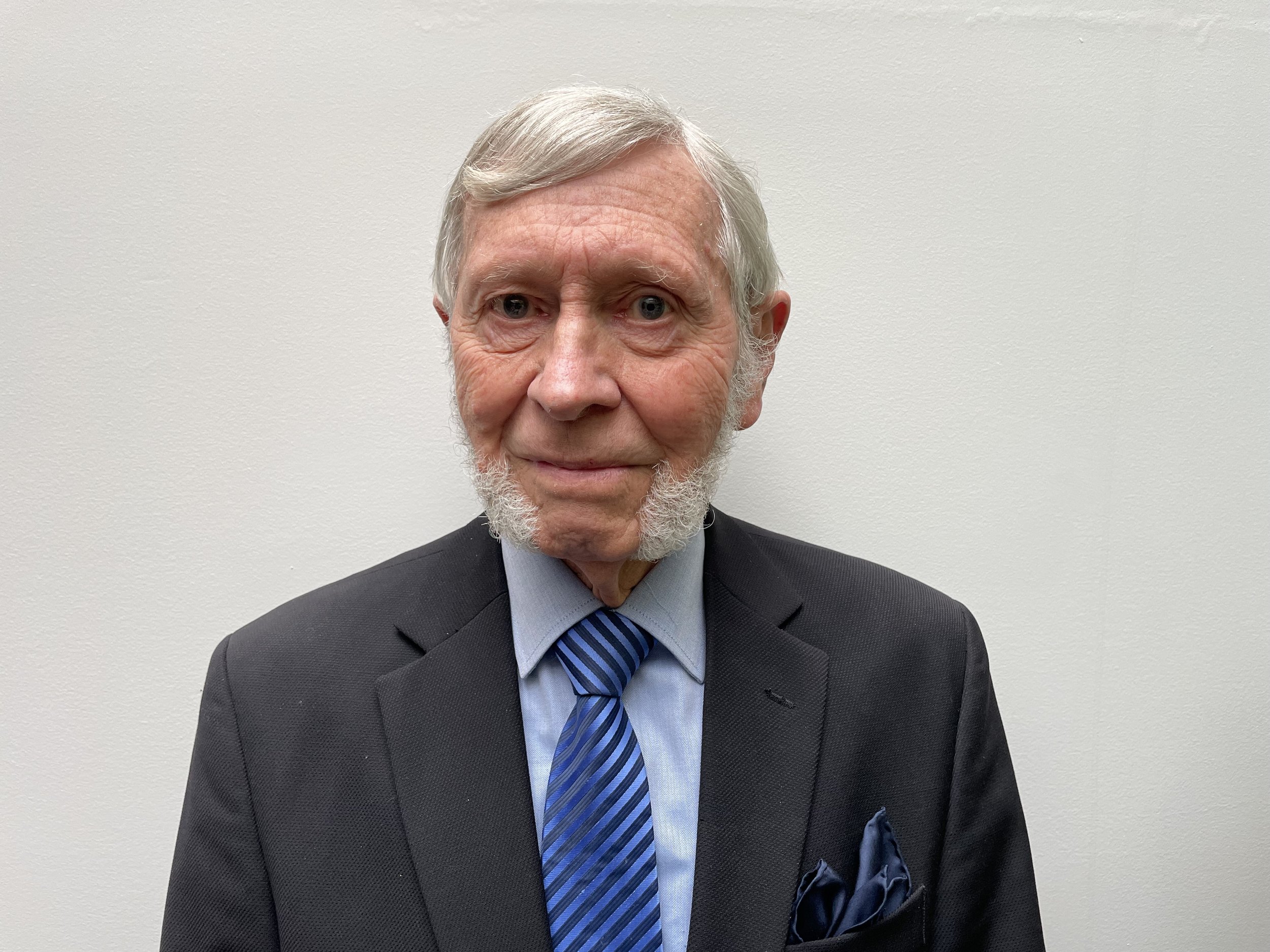Air Mobility for Australia
Advanced Air Mobility is a transformative solution to Australia’s unique set of challenges in mobility and connectivity across our vast, remote and wild country.
About the CRC
In Australia, the aviation and aerospace industry underpins our national and international supply chains and enables our tourism, mining, construction, manufacturing and higher education sectors. However, as both, the Aviation White Paper and Aviation Green Paper clearly lay out, the industry faces a significant challenge looking forward.
Challenges facing the industry include ageing infrastructure; a critical decline in regional and remote aviation services and productivity; the need to reduce aviation emissions; managing, integrating and scaling emerging aviation technologies; improving air operational performance; creating fit-for-purpose agencies and regulators; and addressing a critical aviation skill shortage. Advanced Air Mobility (AAM) is quickly emerging as a transformative solution to these challenges.
The AAM CRC will strategically integrate researchers and industry including airlines, airports, operators, aviation services, developers, original equipment manufacturers, customers, communities, regulators and policymakers to undertake and deliver critical research and development in the AAM ecosystem.
Over a 10-year, whole-of-industry uplift, the AAM CRC will support timely, long-term advancements in air vehicles, air operations and ground operations, covering the ground-to-sky challenge of introducing AAM as well as developing sovereign industry capabilities to supply AAM products and services for Australia and export.
The AAM CRC will bring the aviation and aerospace industry together around these focal challenges through four integrated Research Programs: People, Operations, Technology and Airspace Integration.
Purpose driven flagship missions will ensure industrial outcomes and desired impacts, serving an improved connectivity across Australia.
What is a Cooperative Research Centre?
Cooperative Research Centres grants provide funding for long-term collaborative research programs that will help solve major problems or issues facing industry. CRC’s are funded for up to 10 years and are awarded to consortiums through competitive, merit based funding rounds. Funding rounds occur once per year with focus priorities.
-
Up to 50% of eligible research costs to undertake and deliver industry led research with research partner organisations. There is no minimum or maximum grant amount, but the amount you request should be proportional to the scope and complexity of your research program. You and your partner organisations must at least match the amount of grant funding received through cash and/or in-kind contributions.
-
Businesses who want to help solve the big problems facing industry and need support from Australian Research partners.
-
The AAM CRC will apply the National Principles of Intellectual Property Management for Publicly Funded Research and look to secure the maximum benefit to Partners and the Australian economy from IP generated from Projects (Project IP).
The AAM CRC intends for Project IP to be negotiated as part of the Project Agreements on a Project-by-Project basis. Several IP exploitation principles have been agreed and will guide Project Agreements.
-
Interested parties are asked to reach out to the AAM CRC team at info@aamcrc.com.au, an info pack will be provided which includes the Partner Contribution form and declaration form which are needed for the CRC application.
Find out more
Go to business.gov.au/CRC for more information.
Meet the Team
-

Professor Caroline McMillen AO
Interim Chair
Professor Caroline McMillen AO is the former Chief Scientist for South Australia and former Vice-Chancellor of the University of Newcastle, where she played a significant role in promoting research and innovation in Australia. Throughout her career, Caroline has worked across the research and innovation ecosystem in national projects and programs and has been committed to building collaborations between universities, industry and communities that drive innovation and have a positive impact on the economic, environmental and social outcomes in regions across Australia. -

Max York
Interim CEO
Max is a globally experienced CEO and Board Director with decades of leadership across aerospace, defence and industry. He recently led AMSL Aero through rapid scale-up, negotiating an order book for 26 aircraft ($120M+), securing a Defence contract and delivering the company’s first full-scale prototype free flight. As a senior executive at GE Australia, he was responsible for industrial businesses that generated more than US$2 billion in annual revenue, including aviation. A former Commander in the Royal Australian Navy, Max is also a Governor of the Australian American Chamber of Commerce and a founding member of the Australian Advanced Manufacturing Council.
You can find out more about Max here.
-
Peter Smith
Interim Strategic Advisor
Peter Smith an internationally experienced Australian consultant and professional director specialising in aerospace and defence. Peter consults to Australian and international governments, companies and industry associations on strategic planning, opportunity analysis and major bids/proposals. He has chaired Australia's largest uncrewed systems company and held Board positions on Australian and international uncrewed system associations.
You can find out more about Peter here.
-

Dr Pat Burka
Interim Research Director
Dr Patryk Burka has been holding various industrial research & development (R&D) leadership roles for over 15 years. Besides extensive aerospace composite experience, Pat was an Expert for Structural Bonding at AIRBUS. He holds a Mechanical Engineering Master’s Degree from Aachen University, Germany, as well as a PhD in Mechanical and Aerospace Engineering from Monash University, Australia. During his career, he has been leading various national and international aerospace R&D projects successfully, contributing to enormous savings in production through innovation. Pat joined the AIR Hub in October 2024 and is acting as the interim Research Director of the AAM CRC bid.
You can find out more about Pat here.


